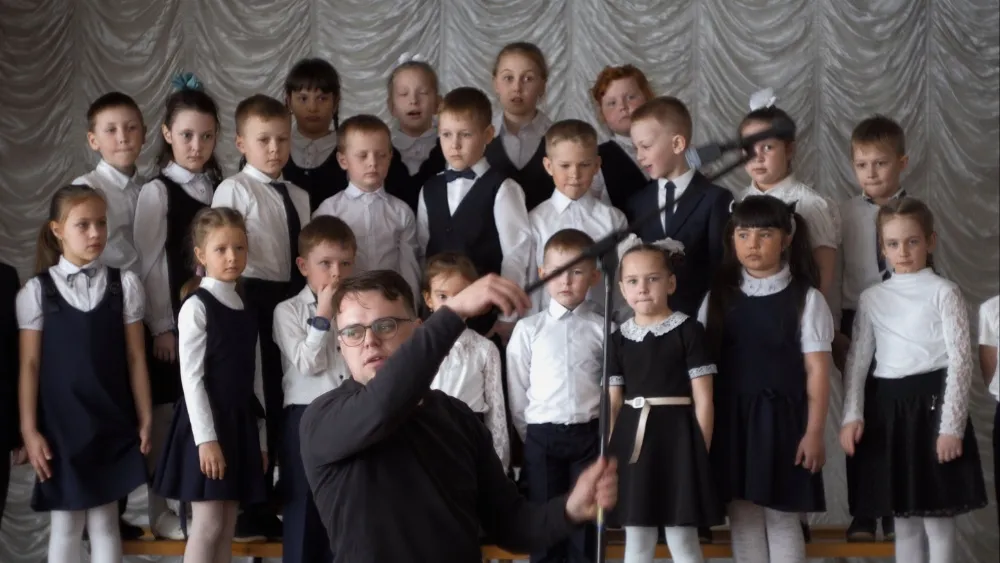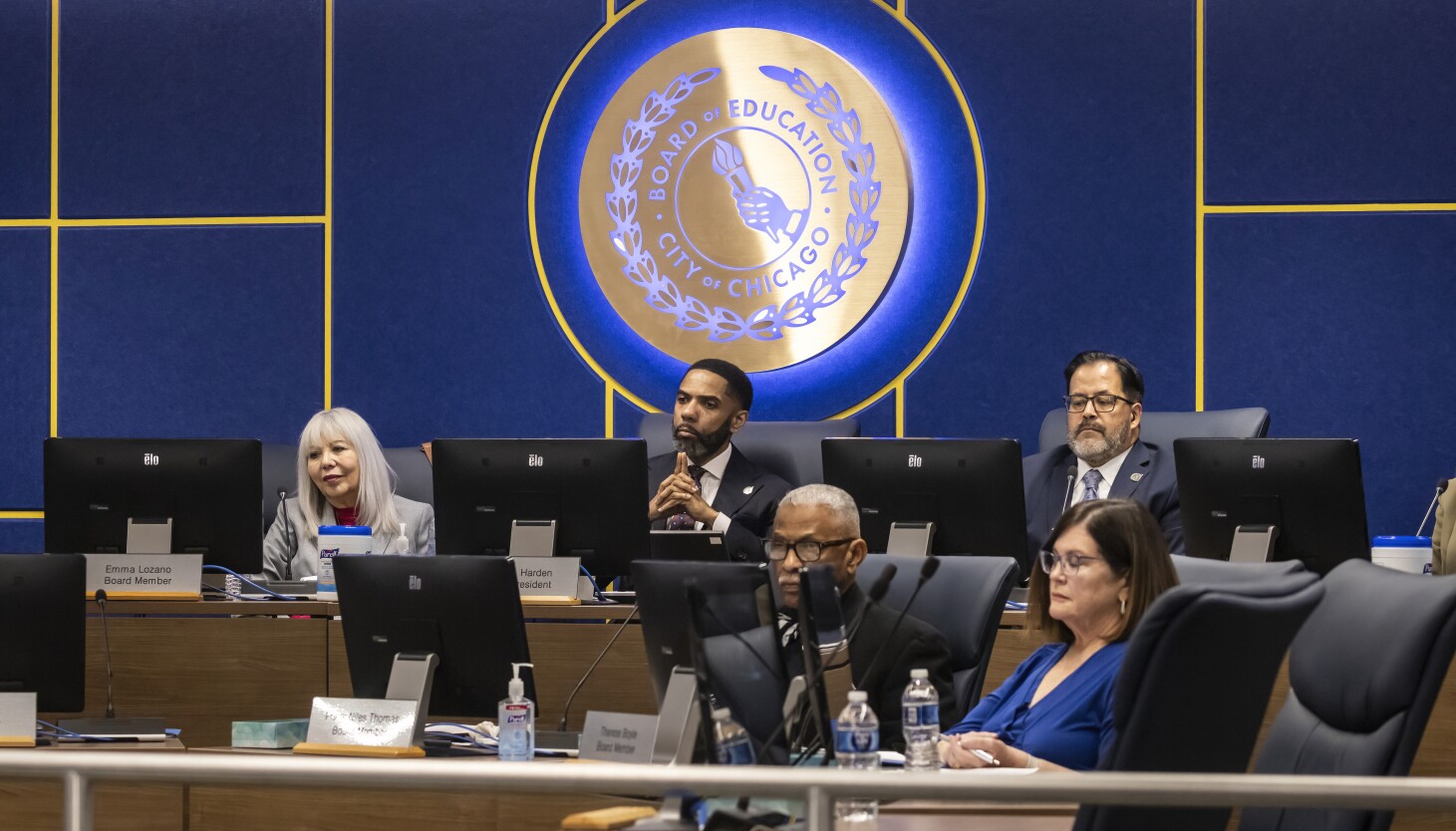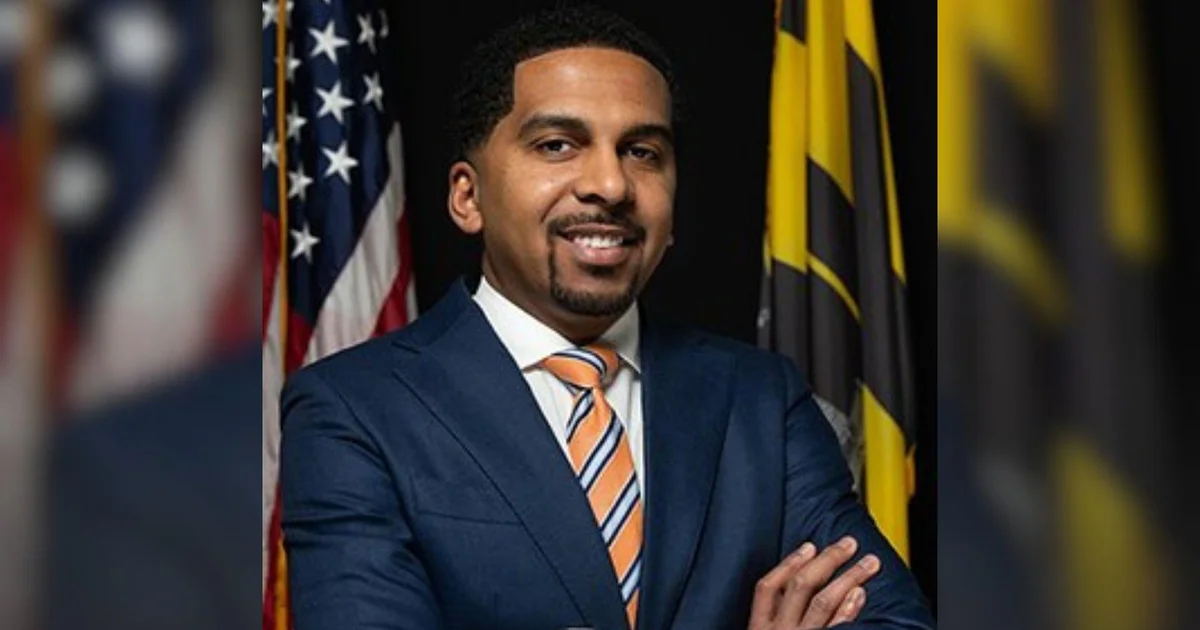Copyright Variety

The protagonist of “Mr. Nobody Against Putin” Pavel “Pasha” Talankin is preparing for more negativity from Russia amid the ongoing Oscar campaign. Denmark has selected the acclaimed doc as its entry for the Best International Feature Film. It depicts Talankin, a teacher from the small town of Karabash, secretly filming his school’s grim transformation following the Russian invasion of Ukraine. He co-directed with David Borenstein, who was born in the U.S. and is based in Copenhagen. “When the film first came out, there was a wave of hate in the official media. One guy spent six minutes of prime time saying it’s not worth watching because it’s ‘boring’. If it’s so boring, why spend six minutes talking about it? Now, with the Oscar campaign, there will be a second wave of hate. I already warned my mother, because it’s coming,” said Talankin. But that doesn’t stop him from keeping his fingers crossed. “I got a call from the kids I used to teach when Denmark decided to submit the film. They said: ‘Just imagine if the Best Actor award goes to our teacher’!” Talankin was greeted at Ji.hlava Intl. Documentary Film Festival with a standing ovation and “one of the most emotional applauses ever,” according to festival director Marek Hovorka. But Talankin is no stranger to hate. He fled Russia in 2024. “One person from Karabash wrote to me, saying: ‘Just you wait. One day you will come back and we are going to kneecap you.’ I thought: ‘Well, that’s great. Somebody is actually expecting me back home,’” he deadpanned. Others, fearing for their safety, treat him as if he never existed. “In Karabash, we have an online forum where people discuss everything, including whose goose is walking free around town. There’s nothing, absolutely nothing about me,” he admitted. “I said to David: ‘Once this comes out, people will call me Judas.’ But some of them told me it opened their eyes. They knew about the ‘propaganda classes,’ but not about what the children were being told.” After the invasion of Ukraine, the schools started receiving instructions from the Ministry of Education of the Russian Federation, with teachers expected to disseminate propaganda. Talankin decided to document the process. “I needed to make sure these people would be held accountable for what they said, also about how Russia, Ukraine and Belarus used to be brothers, but ‘Ukraine has become a Nazi country and it’s our duty to liberate it.’” He said: “I was born in Russia; I grew up in it and grew up with my eyes open. I knew what was happening. There wasn’t one moment when I realized I was in opposition, because everything that comes out of Putin’s mouth when he’s on TV is a lie. It’s always a lie.” “I’m very much looking forward to taking them all the way to the International Criminal Court.” This led him to Borenstein, who was impressed with Talankin’s “passionate belief in what students have a right to, in freedom of expression and freedom of thought.” “I was really interested in who Pasha was and what it meant for him to be so isolated at his school. At first, we didn’t know how we’d do it – then we realized Pasha was also a great cinematographer.” Soon, Talankin started sending him “the craziest footage.” “He would send me footage of him just walking around – for hours. I know where to go from his house, from his mom’s house, from his house to the school. Then, some mornings you’d see jaw-dropping material, like a history teacher saying the French would soon be like musketeers, riding horses [because of gas prices], or Wagner soldiers teaching kids how to use grenades.” After working remotely, they finished the film together once Talankin had managed to escape. “It was probably the worst time in my life. It was so scary,” he recalled. “I pretended I was going on a seven-day holiday to Turkey. I had a bag full of laptops, hard drives, memory cards, everything. But no swimming trunks! I was scared what would happen if they opened my bag.” Czech producer Radovan Síbrt remembered receiving the call from Denmark’s Helle Faber, anxious about Talankin’s wellbeing. “Pasha couldn’t stay in Russia and they didn’t know how to get him out. We met in Poland and it was all very cloak-and-dagger. The goal was to place him somewhere within the European Union,” he said. “We didn’t know anything about the film and back then we didn’t really care. We wanted to help at least one person escape this regime. Only later did we realize how great it actually was.” Now, Talankin feels safe in Europe. With one exception: “The only place where Pasha isn’t safe is in Prague. Three days after he arrived in Czech Republic, he was trying to find our office. He went door to door, looking at all the names, and shortly afterwards his photo was online. ‘Look out for this Russian thief! He’s trying to break into your house!,’” laughed Síbrt. Talankin added: “I can speak and I can be heard, which would be impossible in Russia. For any change to happen, we need to talk, talk and talk some more. But over there, if you speak up, they shut you up, throw you in jail or simply get rid of you.” “I like watching this film with the audience, hearing you laugh and then seeing you slide back into your seats, as if all the air has been sucked out of the room. That’s pretty much the situation in my country. In Russia, we don’t feel like laughing anymore.” As he gets used to his new life, Talankin is planning to write about Tolstoy’s wife. “Tolstoy was extremely toxic, and his wife transcribed everything he wrote because his handwriting was so awful. He’d beat her up and she kept giving birth to endless children. At the end of his life, he dropped a note on the table, telling her he was leaving her. To me, she’s a real example of feminine courage, bravery and love,” he said. Another surprising project might also loom on the horizon.



